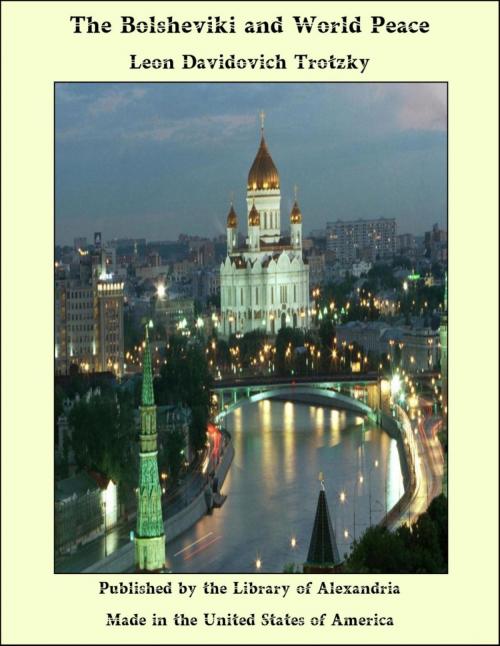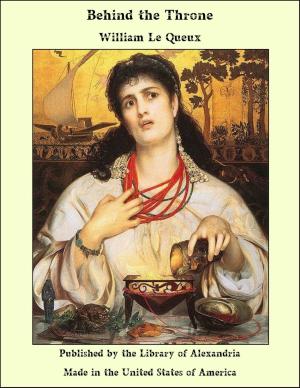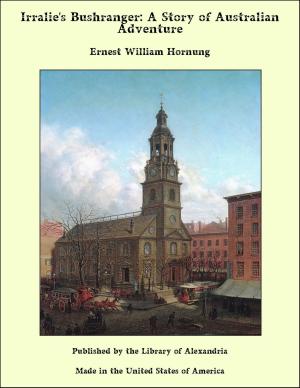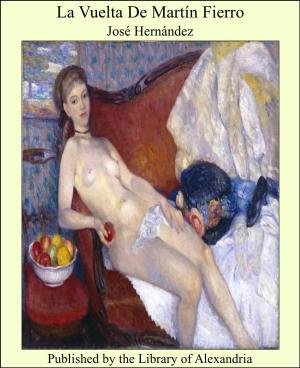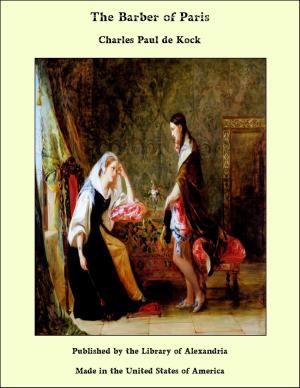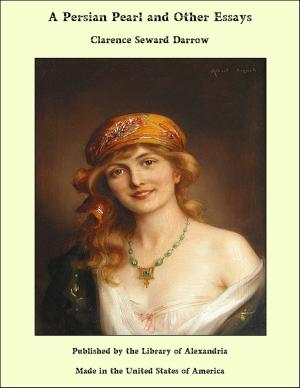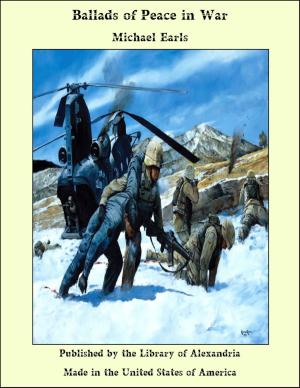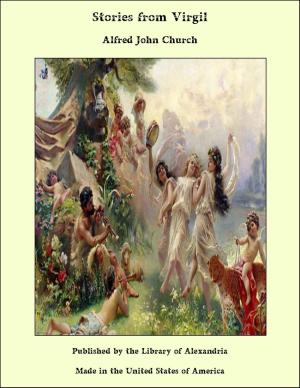The Bolsheviki and World Peace
Nonfiction, Religion & Spirituality, New Age, History, Fiction & Literature| Author: | Leon Davidovich Trotzky | ISBN: | 9781465584595 |
| Publisher: | Library of Alexandria | Publication: | March 8, 2015 |
| Imprint: | Language: | English |
| Author: | Leon Davidovich Trotzky |
| ISBN: | 9781465584595 |
| Publisher: | Library of Alexandria |
| Publication: | March 8, 2015 |
| Imprint: | |
| Language: | English |
The voice that speaks in this book is the voice of Leon Trotzky, the Bolshevik Minister of Foreign Affairs for Revolutionary Russia. It is expressing ideas and views which lighted him on the course of his policy toward the War, Peace and the Revolution. It throws light, therefore, on that policy; it helps to an understanding of it, if one wishes to understand. But that isn't all. The spirit that flames and casts shadows upon these pages is not only Trotzky's. It is the spirit also of the Bolsheviki; of the red left of the left wing of the revolutionary movement of New Russia. It flashed from Petrograd to Vladivostok, in the first week of the revolt; it burned all along the Russian Front before Trotzky appeared on the scene. It will smoulder long after he is gone. It is a hot Fact which has to be picked up and examined, this spirit. Whether we like it or don't, it is there; in Russia; it is elsewhere; it is everywhere to-day. It is the spirit of war; class war, but war. It is in this book.
The voice that speaks in this book is the voice of Leon Trotzky, the Bolshevik Minister of Foreign Affairs for Revolutionary Russia. It is expressing ideas and views which lighted him on the course of his policy toward the War, Peace and the Revolution. It throws light, therefore, on that policy; it helps to an understanding of it, if one wishes to understand. But that isn't all. The spirit that flames and casts shadows upon these pages is not only Trotzky's. It is the spirit also of the Bolsheviki; of the red left of the left wing of the revolutionary movement of New Russia. It flashed from Petrograd to Vladivostok, in the first week of the revolt; it burned all along the Russian Front before Trotzky appeared on the scene. It will smoulder long after he is gone. It is a hot Fact which has to be picked up and examined, this spirit. Whether we like it or don't, it is there; in Russia; it is elsewhere; it is everywhere to-day. It is the spirit of war; class war, but war. It is in this book.
